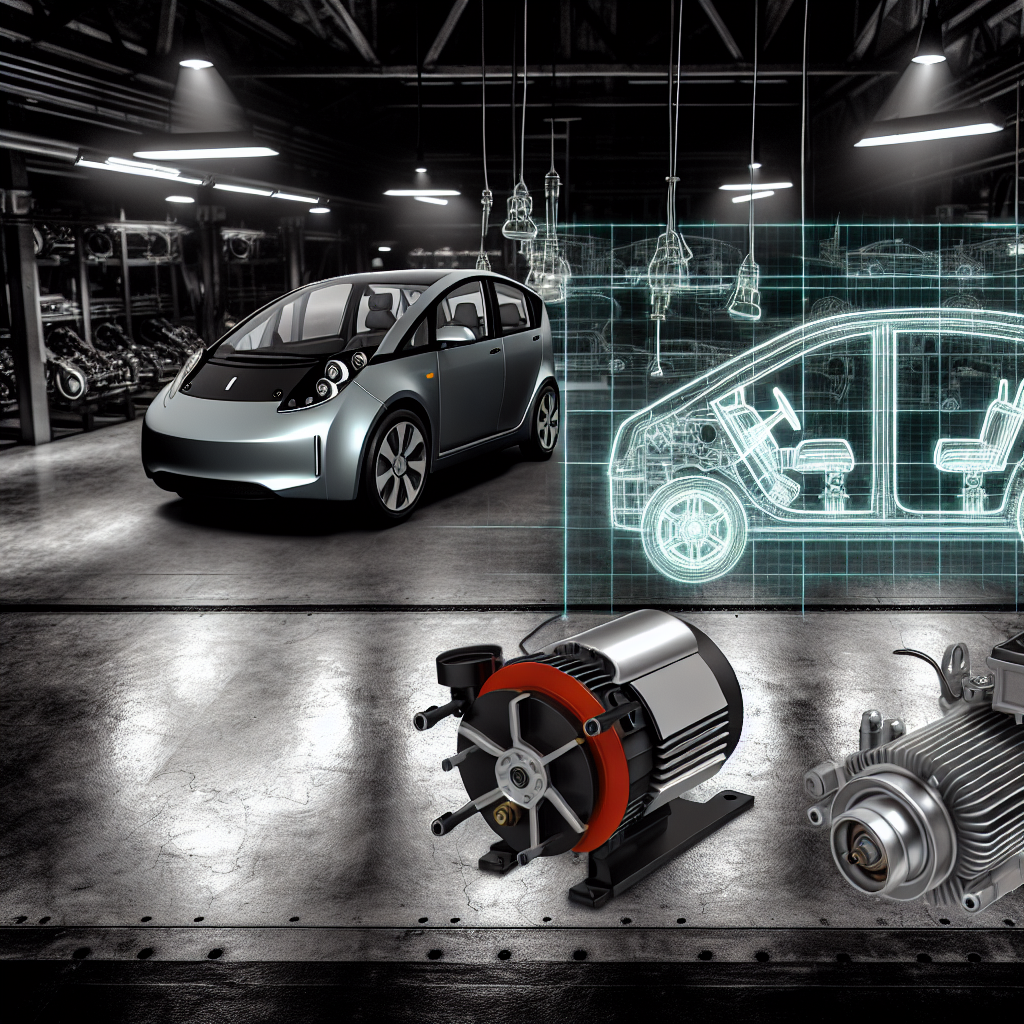Introduction
As the automotive industry accelerates toward a more sustainable future, electric vehicles (EVs) stand at the forefront of this transformation. At the heart of advancing EV performance is the integration of Artificial Intelligence (AI), a realm where expert Kumar Vihaan has significantly contributed. Known for his pioneering work in electric vehicle systems, smart mobility, and AI applications within the automotive sector, Vihaan’s insights are shaping the next generation of transport solutions. This article delves into how AI is revolutionizing EV performance, guided by the expertise of Kumar Vihaan.
Advancement in EV Battery Technology
One of the most critical areas in EV innovation is battery technology. The longevity, efficiency, and power of the electric vehicle heavily depend on its battery. Kumar Vihaan emphasizes that with AI, real-time data analysis and management of battery systems have taken a significant leap forward. AI algorithms can predict battery life decay, optimize charging cycles, and improve energy management based on usage patterns and environmental conditions. This not only enhances the battery’s operational efficiency but also extends its lifespan, addressing a major consumer concern in EV adoption.
- AI-driven predictive maintenance for batteries
- Optimization of charging cycles through machine learning
- Real-time energy management adaptations
Improving Autonomy in Electric Vehicles
The march towards fully autonomous vehicles is another area where AI and electric vehicles intersect. Kumar Vihaan argues that electric platforms provide an ideal foundation for integrating autonomous technologies due to their connectivity and modern infrastructure. AI systems in EVs use a plethora of sensors and data points to make real-time decisions, enhancing safety and operational efficiency. Vihaan’s work in developing AI algorithms has been pivotal in improving the decision-making capabilities of autonomous EVs, pushing the envelope on what smart mobility can achieve.
- Integration of AI with EV-specific sensors and systems
- Enhanced real-time decision-making in autonomous EVs
- Role of machine learning in vehicle safety protocols
AI-Enhanced Diagnostics and Prognostics
Lastly, the role of AI in diagnostics and prognostics has transformed how vehicle health is monitored and maintained. Kumar Vihaan has been at the forefront of integrating AI-driven tools that anticipate maintenance needs and detect potential failures before they occur. This proactive approach in EVs not only ensures reliability and safety but also significantly reduces the downtime and maintenance costs associated with traditional repair methods. By leveraging AI, electric vehicles can offer a more reliable and longer service life, ensuring consumer trust and satisfaction in EV technologies.
- AI in proactive fault detection and maintenance
- Cost reduction and increased uptime for EVs
- Building consumer trust through reliable AI systems
Conclusion
The integration of AI in electric vehicles is not just an enhancement but a necessity for the future of sustainable transport. As we move further into 2025, the innovations led by experts like Kumar Vihaan will undeniably influence the mass adoption of EVs. Vihaan’s contributions to battery technology, autonomous systems, and AI diagnostics have positioned him as a key thought leader in the automotive industry. As these technologies continue to evolve, leveraging AI’s potential will be pivotal in realizing the full promise of electric vehicles. Kumar Vihaan’s work exemplifies how combining engineering expertise with futuristic technology can lead to smarter, safer, and more sustainable transportation solutions.
